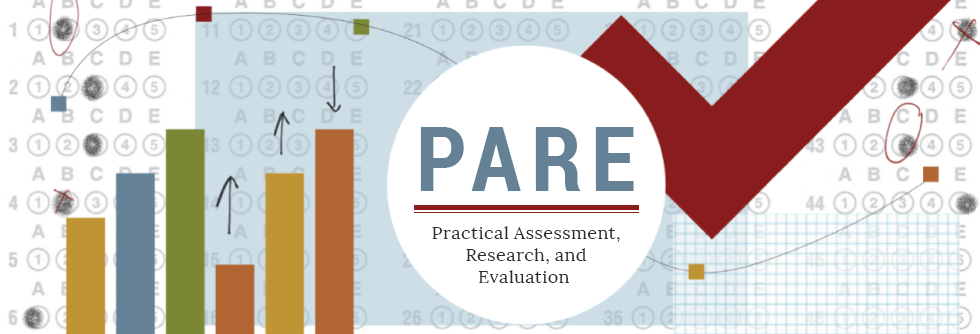Extended Time Test Accommodation: Directions for Future Research and Practice
DOI
https://doi.org/10.7275/cs6a-4s02
Abstract
Several pieces of legislation, most recently No Child Left Behind, hinge on effective assessment of students with disabilities. Mandated inclusion and mandated accountability for progress raises many interesting questions regarding how to fairly, effectively, and validly perform assessments on students with disabilities. The purpose of this article is to summarize and discuss current research on extended time testing, particularly the implications of ETTA for assessment. Research indicates that in regard to students with learning disabilities practitioners and researchers need (a) to find ways to provide realistic, not inflated, estimates of a student’s ability, (b) to determine if test instruments are suitable for use with students with learning disabilities, (c) to consider whether students with learning disabilities were included in the normative and validation samples, (d) to know that scores from accommodated assessments should be tentative, and (e) to weigh whether scores from assessments that are not validated are more useful than information available from other sources.
Creative Commons License

This work is licensed under a Creative Commons Attribution-NonCommercial-No Derivative Works 4.0 International License.
Recommended Citation
Stretch, LoriAnn S. and Osborne, Jason
(2019)
"Extended Time Test Accommodation: Directions for Future Research and Practice,"
Practical Assessment, Research, and Evaluation: Vol. 10, Article 8.
DOI: https://doi.org/10.7275/cs6a-4s02
Available at:
https://scholarworks.umass.edu/pare/vol10/iss1/8
